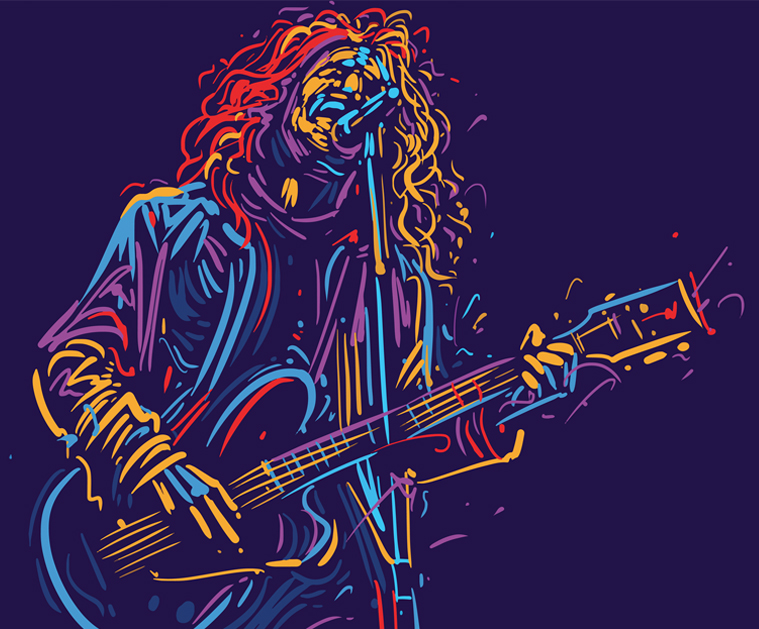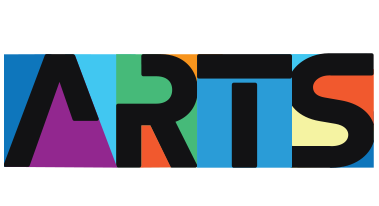Music therapy, a recognized healthcare profession, harnesses the intrinsic qualities of music to aid in healing and personal growth.
With its roots deeply planted in history, music therapy has evolved considerably, proving its efficacy across various patient demographics—from children with autism to elderly individuals battling dementia.
This article explores the multifaceted benefits of music therapy, demonstrating its capacity to enhance physical, emotional, psychological, and social well-being.
Understanding Music Therapy
What is Music Therapy?
Music therapy is an established health service similar to occupational therapy and physical therapy.
It involves the clinical and evidence-based use of music interventions to accomplish individualized goals within a therapeutic relationship by a credentialed professional who has completed an approved music therapy program.
How Does Music Therapy Work?
Music therapy integrates music and its elements—rhythm, melody, and harmony—with therapeutic techniques to improve individuals’ health across various domains.
Neurologically, music stimulates multiple parts of the brain, including areas involved in emotion, cognition, sensation, and movement, helping to improve the way these systems function in coordination.
The Benefits of Music Therapy
Physical Health Benefits
Music therapy offers numerous physical benefits, such as:
- Motor Skills Enhancement: Through rhythmic entrainment, individuals can improve their motor skills, particularly beneficial for stroke survivors or those with movement disorders.
- Pain Management: Music therapy techniques have been shown to reduce pain perception, helping patients cope better with chronic pain or post-operative recovery.
- Sleep Quality Improvement: Listening to calming music can significantly improve sleep quality and reduce the time it takes to fall asleep.
Emotional and Psychological Benefits
Music therapy also serves as a powerful tool for emotional and psychological healing:
- Stress and Anxiety Reduction: Therapeutic music sessions help lower stress and anxiety levels by promoting relaxation and providing emotional release.
- Mood Enhancement: Music can uplift spirits, providing a joyful experience, and facilitating deeper emotional expression, beneficial for those dealing with depression.
- Case Studies: Numerous studies have documented how music therapy has led to marked improvements in mood and emotional well-being in various settings.
Cognitive Benefits
Cognitive improvements are notable benefits of music therapy:
- Memory Recall: For individuals with memory impairments, music can trigger memories and emotions, aiding in recall.
- Attention and Focus: Music therapy helps enhance concentration and sustain attention, especially in individuals with ADHD.
- Cognitive Rehabilitation: Post-stroke patients often experience improved cognitive function following music therapy interventions.
Social Benefits
Music therapy significantly enhances social interactions:
- Social Interaction: Group music therapy sessions help foster a sense of community and support, vital for isolated or elderly individuals.
- Communication Skills: Music activities promote verbal and non-verbal communication skills, which are particularly beneficial for those with autism.
- Empathy and Understanding: Music transcends cultural and societal barriers, fostering empathy and promoting mutual understanding.
Music Therapy in Practice
Settings and Applications
Music therapy is versatile, applicable in various settings:
- Hospitals: It aids in patient rehabilitation and provides emotional support during recovery.
- Schools: Music therapy supports special education students with developmental challenges.
- Elder Care Facilities: It is used extensively for memory care and to enhance the quality of life for the elderly.
Techniques and Instruments Used in Music Therapy
Music therapists employ a range of techniques, such as improvisation, receptive music listening, songwriting, and music performance, using instruments like percussion, strings, keyboards, and even digital music tools.
These methods help meet therapeutic goals tailored to individual needs.
Conclusion
The therapeutic power of music is undeniable. While East End Arts does not offer music therapy specifically, we do have a whole host of music programs that can help to enrich your life and the lives of those who your music impacts.
Be sure to check out all of what we offer in our Music School, including private music lessons, group music classes, music camps, special programs, and much more.






